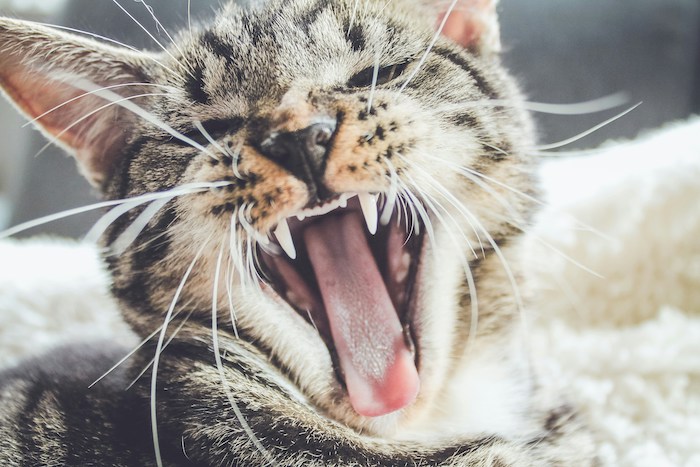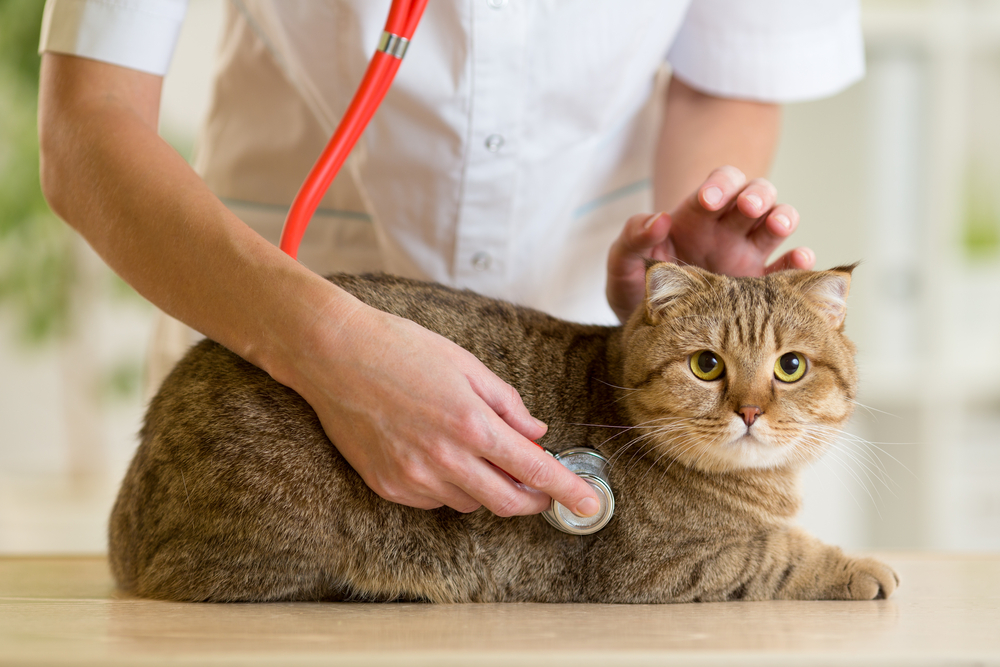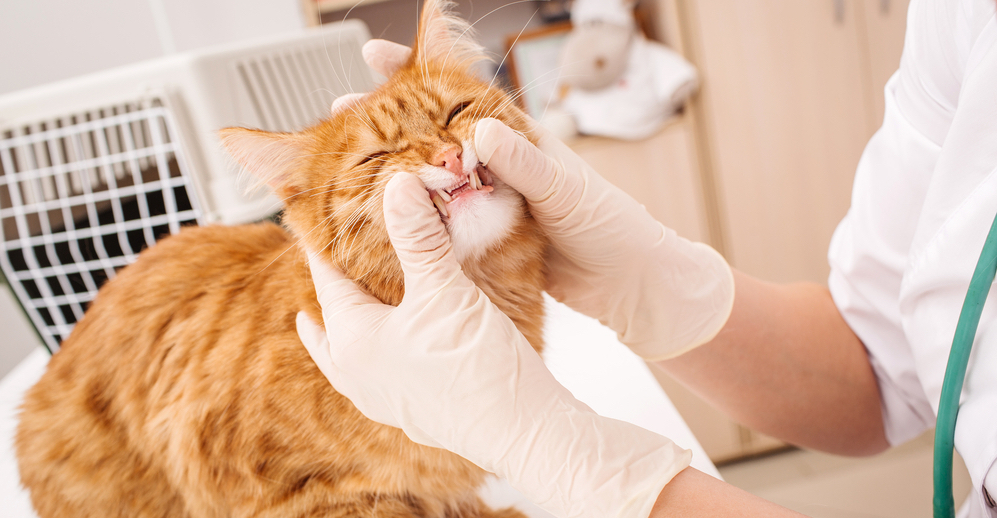Feline Medication: Common Diseases and Treatments

Common Diseases in Cats and Their Treatments
– Chronic Kidney Disease (CKD)
CKD is one of the most common chronic conditions in aging cats. Treatment often involves:• Prescription diets to support kidney health.
• Medications like benazepril or amlodipine to manage blood pressure.
• Phosphate binders to reduce kidney stress.
• Supplements such as potassium or B vitamins.
How Compounding Helps: Cats with CKD often require multiple medications, but their pickiness can make oral dosing challenging. Compounding pharmacies can create flavored suspensions or transdermal gels that are easier to administer.
– Hyperthyroidism
Hyperthyroidism is caused by an overactive thyroid gland and is commonly seen in middle-aged and senior cats. Treatment options include:• Methimazole, either in pill form or as a topical gel.
• Iodine-restricted diets to control hormone levels.
How Compounding Helps: Compounded methimazole gels offer a stress-free alternative by allowing medication application directly to the skin.
– Feline Diabetes
Insulin therapy is the cornerstone of managing diabetes in cats, alongside a strict diet. Some cases may also require oral medications.How Compounding Helps: Compounded oral solutions or treats with precise dosages ensure that cats receive their medication without added stress, particularly for cats who resist injections.
– Arthritis and Pain Management
Osteoarthritis is a common yet underdiagnosed issue in cats, especially seniors. Treatment includes anti-inflammatory medications like meloxicam or gabapentin.How Compounding Helps: Compounded pain relief medications can be flavored or made into transdermal formats, reducing the risk of missed doses due to refusal.
– Upper Respiratory Infections (URI)
URIs, often caused by viruses or bacteria, may require antibiotics, antivirals, or supportive care like appetite stimulants.How Compounding Helps: Compounding pharmacies can create liquid antibiotics with flavors cats enjoy, making the administration less of a battle.
Why Choose Compounding for Cats?
– Provide accurate dosing for small or large cats.
– Transform unpalatable medications into cat-approved flavors like chicken or tuna.
– Create transdermal gels for application on the ear, bypassing the stress of oral administration.
Are You A Veterinarian In New York? Choose VetMedics Compounding Pharmacy for your Patient's Medication Needs!
Partner with VetMedics Today: Sign Up To Use Our Online Ordering System

 ACCOUNT LOGIN
ACCOUNT LOGIN ACCOUNT SIGN-UP
ACCOUNT SIGN-UP





 CLINIC LOGIN
CLINIC LOGIN